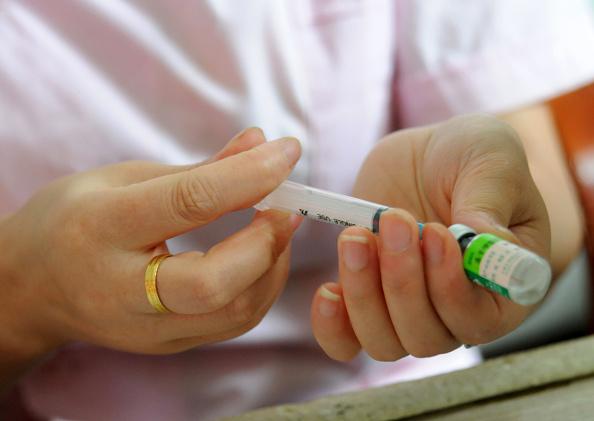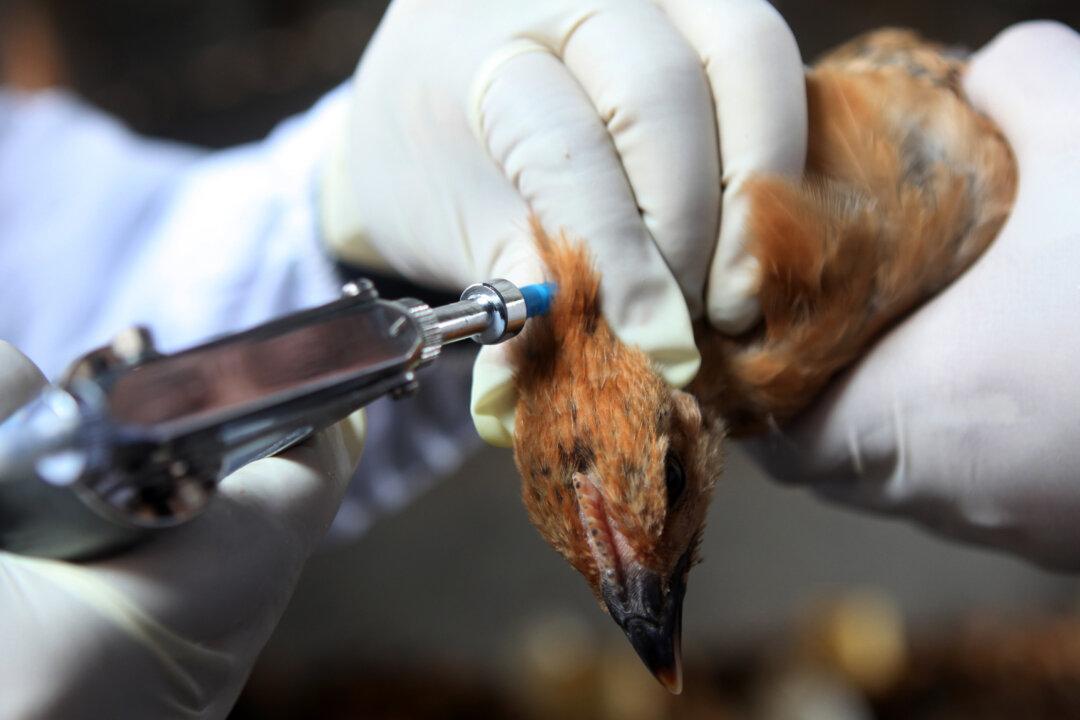In a small hotel across from the Beijing Center for Disease Control and Prevention, a reporter from New Express Daily, dressed in an isolation suit, interviewed a dozen “unusual” patients from different areas of China. Their symptoms are painful and debilitating, and AIDS-like, but repeated tests for HIV have come up negative.
Lin Jun, one of the patients interviewed in the March 24 New Express Daily report, said he used to be chubby, but now he is skin and bones, and his joints have become all deformed.




